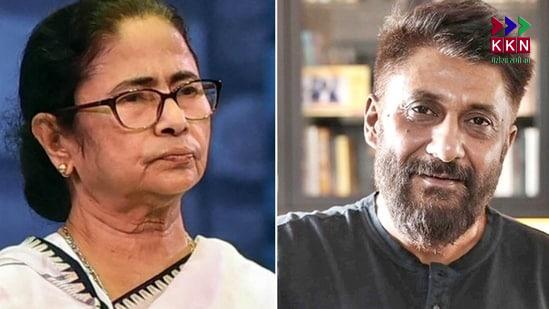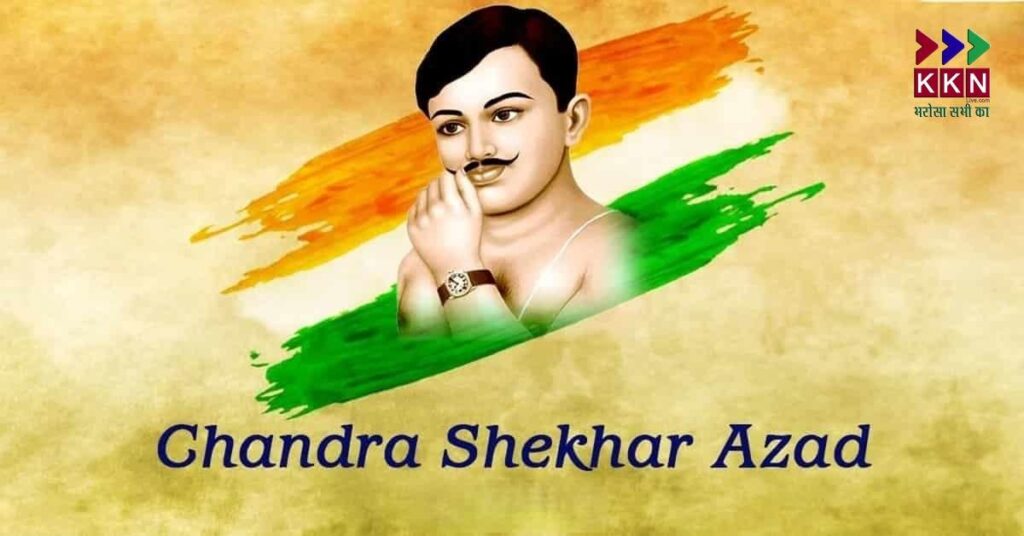
Filmmaker Vivek Agnihotri has released a strong public message addressed to West Bengal Chief Minister Mamata Banerjee, urging her to ensure a peaceful release of his upcoming film, The Bengal Files. The movie, which is slated for a worldwide release soon, has already sparked heated debates and opposition in Bengal.
Opposition Before Release
According to Agnihotri, the film’s trailer was blocked from screening in theaters across Bengal. Later, when the makers attempted to show it at a private hotel, police allegedly intervened and stopped the event. He suggested that exhibitors in Bengal are under significant political pressure and fear the consequences of showcasing the film.
Agnihotri explained in his video, “Our film will release worldwide, but there are concerns that it might be banned in Bengal. Even if it is not officially banned, exhibitors fear political repercussions. That is why our trailer was not shown in theaters, and when we tried to screen it privately, the police stopped us.”
Workers’ Opposition and FIRs
The filmmaker also alleged that members of the ruling party in Bengal have been actively seeking a ban on the film. Several FIRs have reportedly been filed against him and his team, which he claims are baseless. Agnihotri appealed directly to Mamata Banerjee, requesting her to allow a peaceful release of The Bengal Files without unnecessary obstacles.
“Your party workers are demanding a ban on this film and have filed multiple FIRs against us. None of these have any real foundation. I fold my hands and request you to let this film release peacefully,” he said.
Constitutional Duty
In his message, Agnihotri reminded the Chief Minister of her constitutional responsibility. “You took an oath to uphold the Indian Constitution and to protect the rights of every citizen. This film has been cleared by the CBFC, which is a constitutional authority. Therefore, it is your duty to ensure its peaceful release,” he said.
A Nation’s Long History of Struggle
Agnihotri further spoke about India’s painful history of subjugation. “India is perhaps the most tortured and enslaved nation in history, not only losing land but also its soul, culture, and identity. For 1200 years, our traditions, religion, and art were systematically destroyed. One of the most painful chapters was in Bengal, where events like Direct Action Day and the Noakhali massacre took place. If these had not happened, the Partition of Hindus may not have occurred,” he explained.
Bengal’s Legacy of Renaissance and Sacrifice
While highlighting the dark chapters, Agnihotri also acknowledged Bengal’s role as the birthplace of India’s renaissance. “Bengal is not only about pain. This land gave us Vivekananda, Ramakrishna, Tagore, Subhas Chandra Bose. Yet, it is also the land that suffered two partitions. Bengal sacrificed more than most regions, yet today’s generation knows little about this painful history. Why has this chapter been erased from memory?” he asked.
Is Speaking Truth a Crime?
Agnihotri posed a pointed question: “Is telling the truth about the nation a crime? If you think like a true Indian, you will not let this film be banned. The truth of Bengal is the truth of India.”
“If Telling the Truth Is a Crime, I Am Guilty”
Concluding his message, Agnihotri declared that no authority could erase the memory of events like Direct Action Day or Noakhali. “If not now, when will we speak about these truths? Breaking the mirror does not change the face. If telling the truth about Hindu history is considered a crime in India, then I declare myself guilty. You may punish me as you wish. Vande Mataram,” he signed off.
Vivek Agnihotri’s passionate appeal to Mamata Banerjee highlights the growing clash between creative freedom and political sensitivities in India. By invoking constitutional rights, cultural identity, and Bengal’s historical legacy, Agnihotri has positioned The Bengal Files not just as a film, but as a narrative about India’s forgotten chapters. Whether the film will face official hurdles in Bengal remains uncertain, but the debate around it has already made it a subject of national attention.


